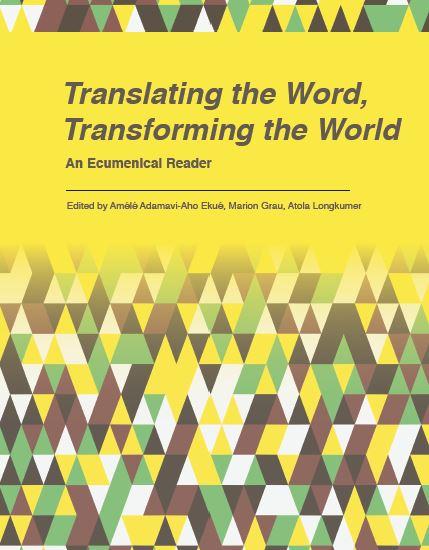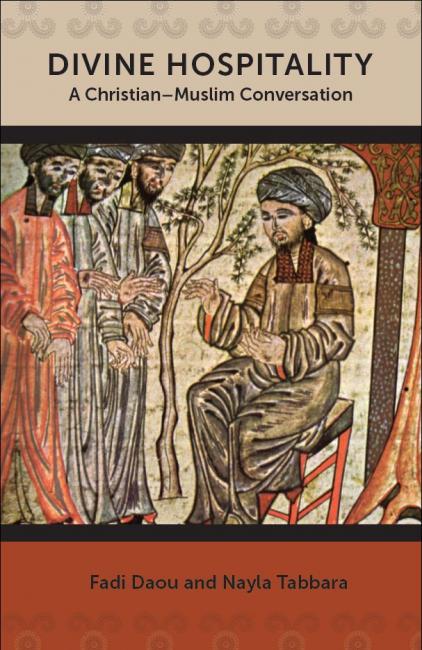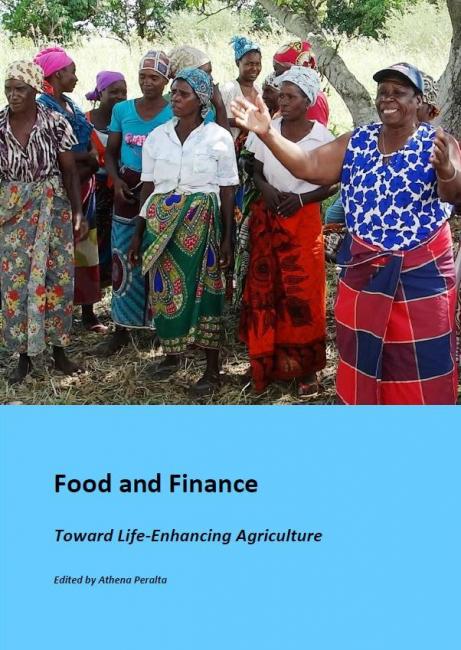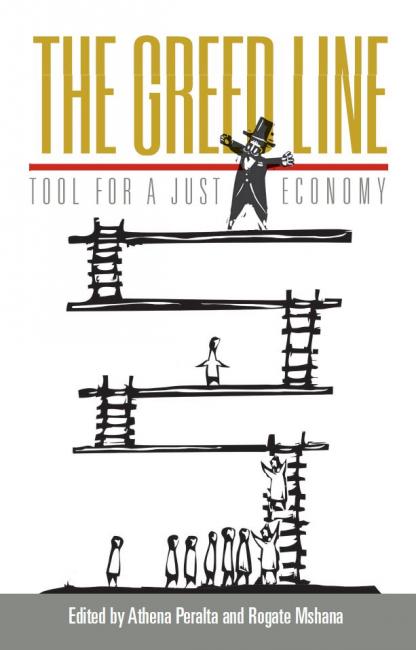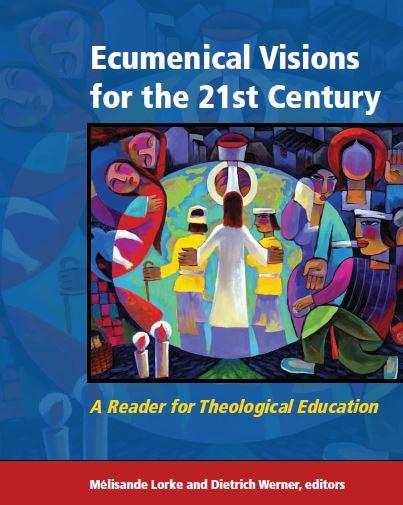Displaying 1 - 13 of 13
Pan-African Women of Faith and the Vision of Christian Unity, Mission, and Justice
01 November 2023
Walk the Talk
A Toolkit to Accompany the "Roadmap for Congregations, Communities and Churches for an Economy of Life and Ecological Justice"
09 November 2022
Walk the Talk
A Toolkit to Accompany the "Roadmap for Congregations, Communities and Churches for an Economy of Life and Ecological Justice"
09 November 2022
Walk the Talk / Dalle parole ai fatti
Tabella di marcia per chiese e comunità per un’economia di vita e per la giustizia ecologica.
02 February 2022
De las palabras a la acción
Conjunto de herramientas para acompañar la «Hoja de ruta para las congregaciones, las comunidades y las iglesias para una economía de vida y una justicia ecológica»
22 December 2021
ZacTax Toolkit
24 November 2021
Walk the Talk
A Toolkit to Accompany the "Roadmap for Congregations, Communities and Churches for an Economy of Life and Ecological Justice"
31 August 2021
The Greed Line: Tool for a Just Economy
01 February 2016



